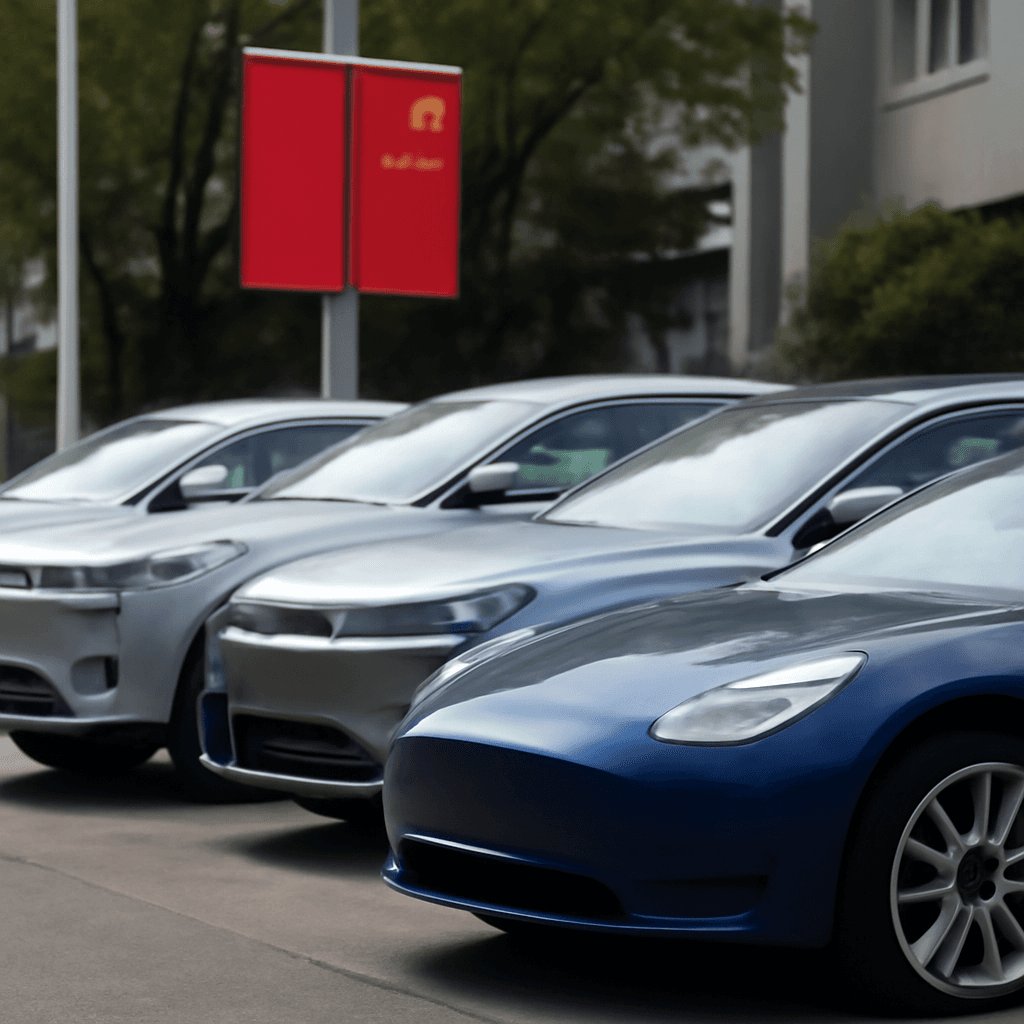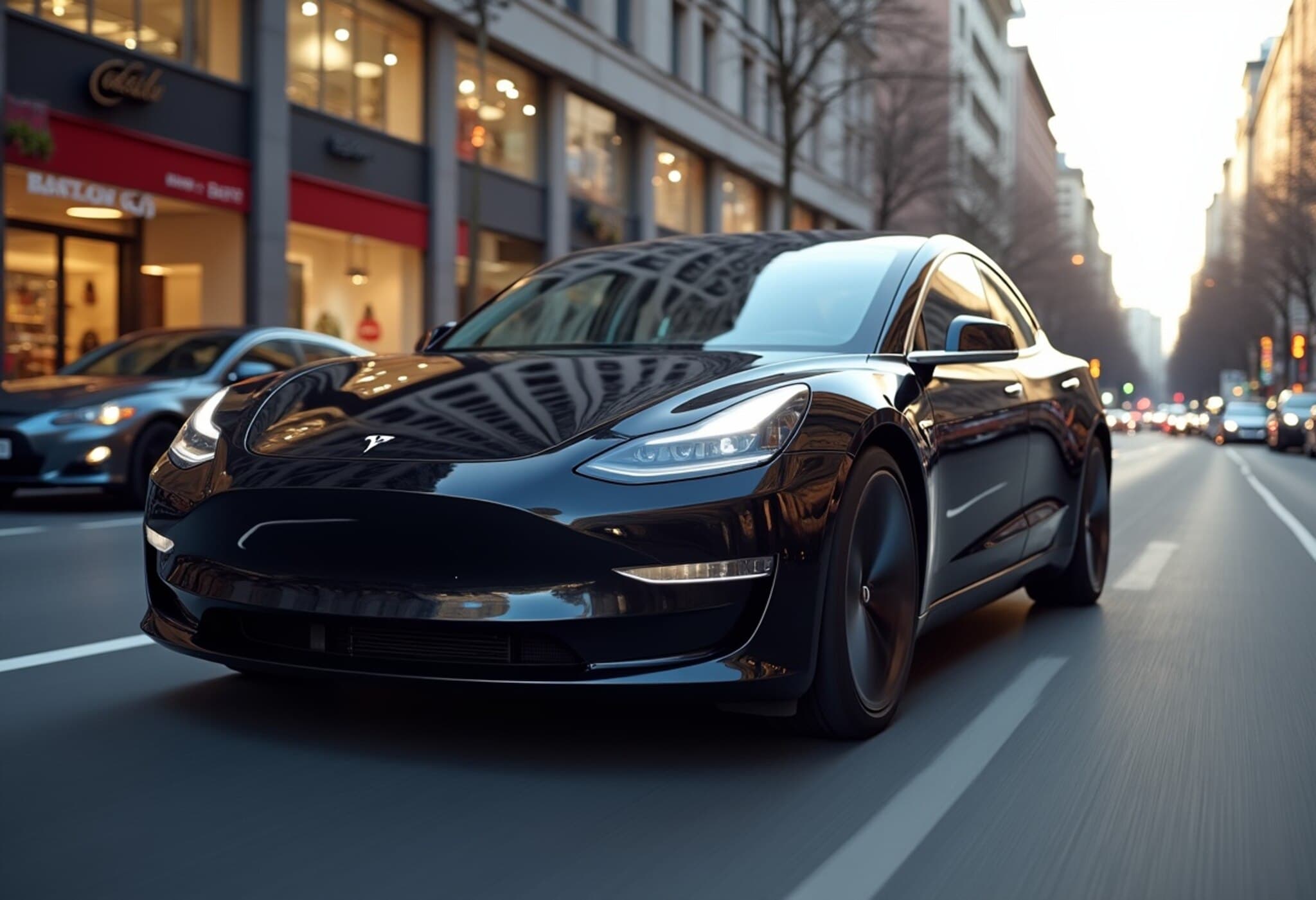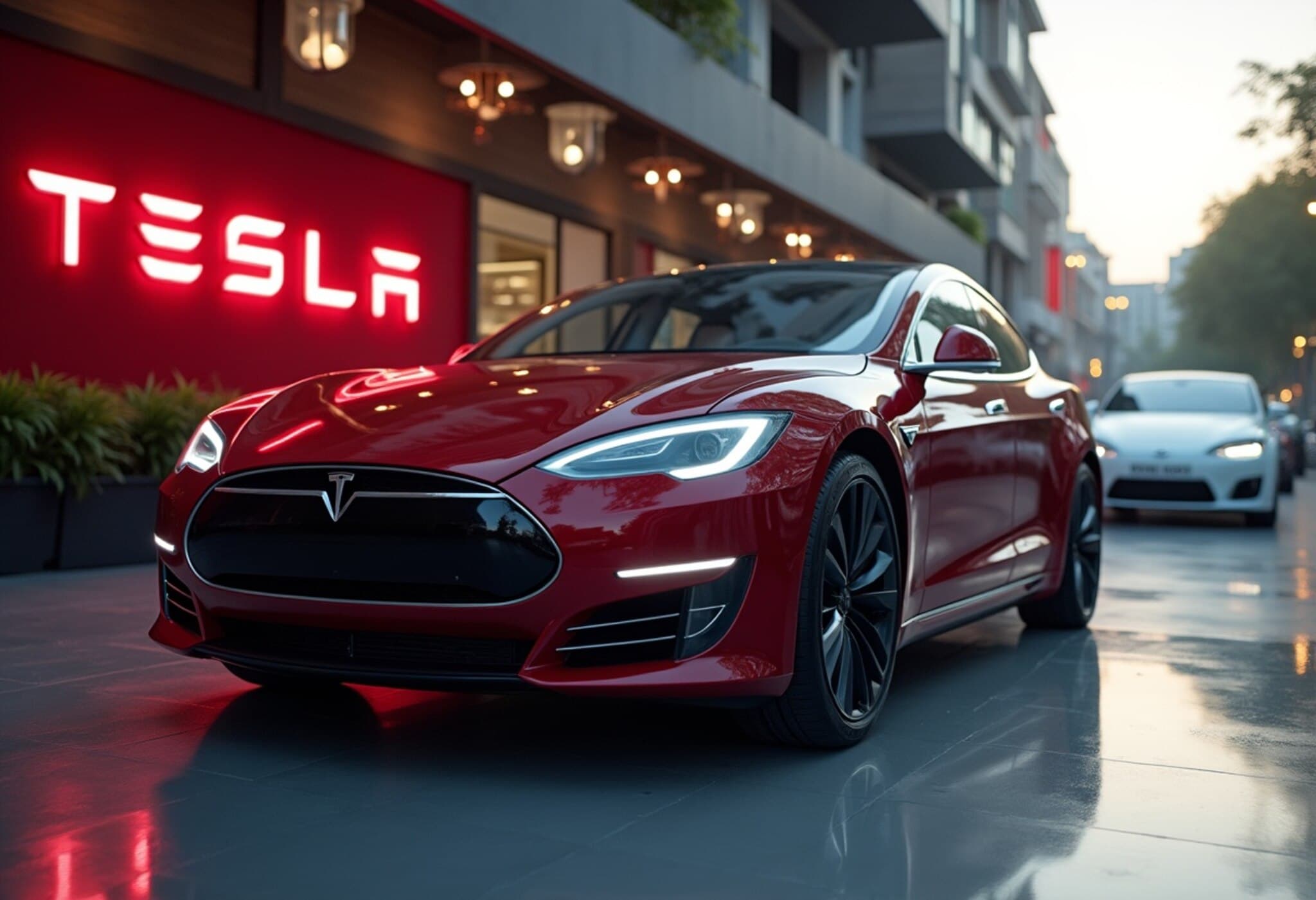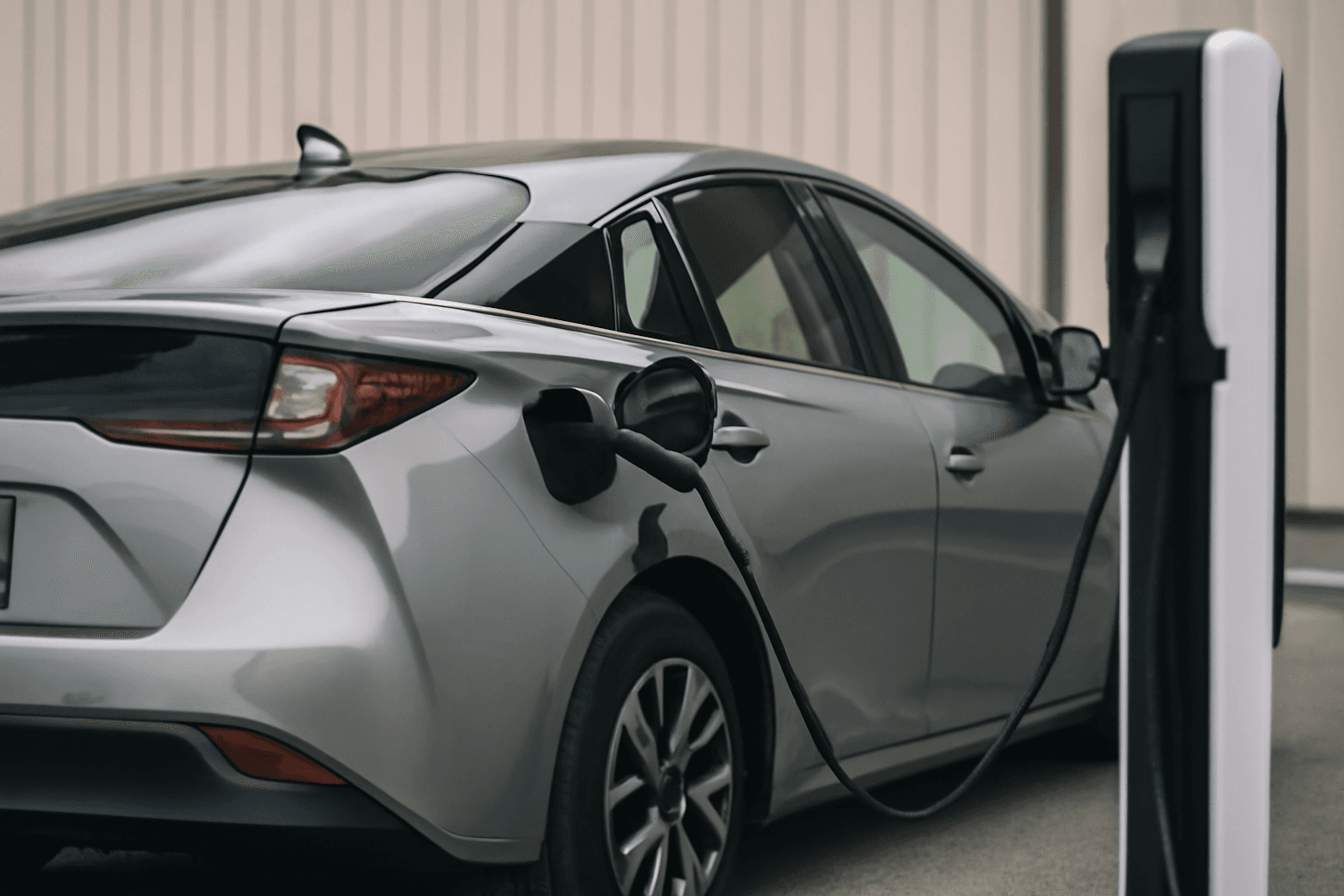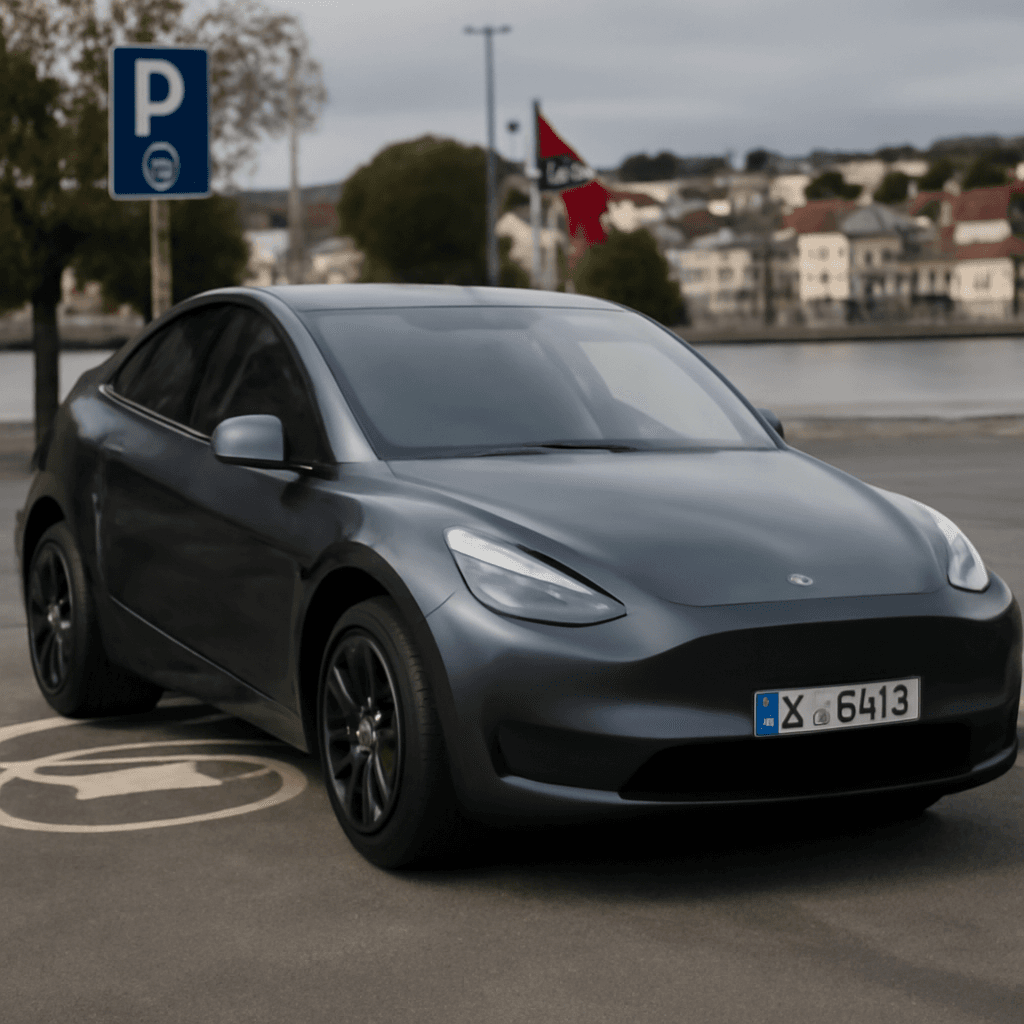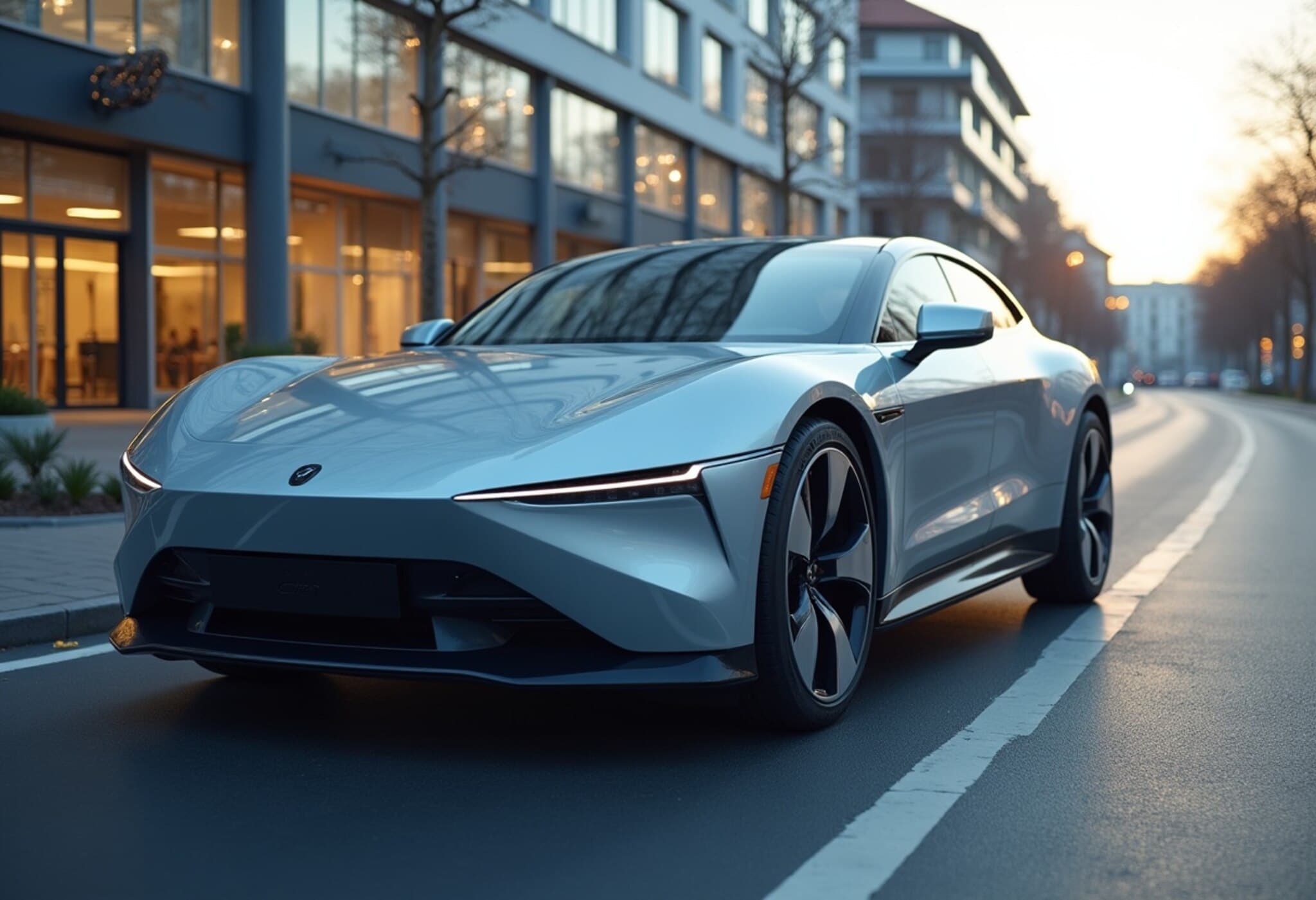Beijing, China — Competition within China’s electric vehicle (EV) market is intensifying, driving substantial price cuts among major manufacturers and reshaping the industry landscape both domestically and internationally.
Leading automaker BYD recently announced significant discounts, some exceeding 30%, on select lower-end battery-electric and hybrid models. For example, the compact Seagull model’s price was reduced to 55,800 yuan (approximately $7,750). This move has prompted other Chinese manufacturers to follow suit, escalating the pricing competition.
Zhong Shi, analyst at the China Automobile Dealers Association, described BYD’s aggressive pricing strategy as a shock to the industry, particularly worrying smaller automakers about their ability to compete effectively.
China's EV market has been one of the few bright spots amid an otherwise slowing economy with subdued consumer demand. Government incentives aimed at promoting new energy vehicles (NEVs), which include battery-electric and hybrid cars, have contributed to growing sales. However, industry experts emphasize that this increase largely reflects a shift away from internal combustion engine vehicles rather than an expansion of the overall auto market.
According to Ying Wang, Managing Director at Fitch Ratings for APAC Corporate Ratings, China’s auto market has seen little overall growth since 2018. She forecasts only modest increases in auto retail sales this year, with competition primarily driven by manufacturers reducing prices or enhancing vehicles’ features at no extra cost.
A recent Nomura report highlights an approximate 19% decline in the average retail vehicle price in China over the past two years, now around 165,000 yuan ($22,900). Hybrid and range-extended electric vehicles experienced even steeper drops of 27%, while battery-electric vehicles’ prices fell by 21%. For comparison, the average new car price in the U.S. has increased, with EV prices averaging about $59,255.
BYD has maintained stable profitability amid this environment, reporting a 49% increase in net profit to 14.17 billion yuan in the previous year. However, the company’s liabilities have risen significantly. Notably, the latest round of price reductions did not affect BYD’s premium models, such as the Han electric sedan.
This price war is expected to continue as automakers aim to secure market share. Companies like Geely-backed Zeekr and BYD are expanding advanced driver-assistance features into more affordable models, sometimes offering these technologies at no additional cost, contrasting with brands like Tesla, which charges for similar upgrades.
The intensifying competition has raised concerns about 'involution'—non-productive rivalry—leading Chinese regulators and government officials to stress more sustainable industry development.
Internationally, China’s EV strategy has sparked tensions. The U.S. and some other countries are investigating potential misuse of government subsidies, resulting in import restrictions that may hinder Chinese EVs from entering key global markets. Meanwhile, the European Union’s tariffs have had limited impact, with EV sales there rising steadily, powered in part by Chinese-manufactured vehicles.
As China’s EV manufacturers continue to lower prices and increase exports, the global automotive industry faces significant shifts, mirroring the challenges and opportunities presented by this rapidly evolving sector.



